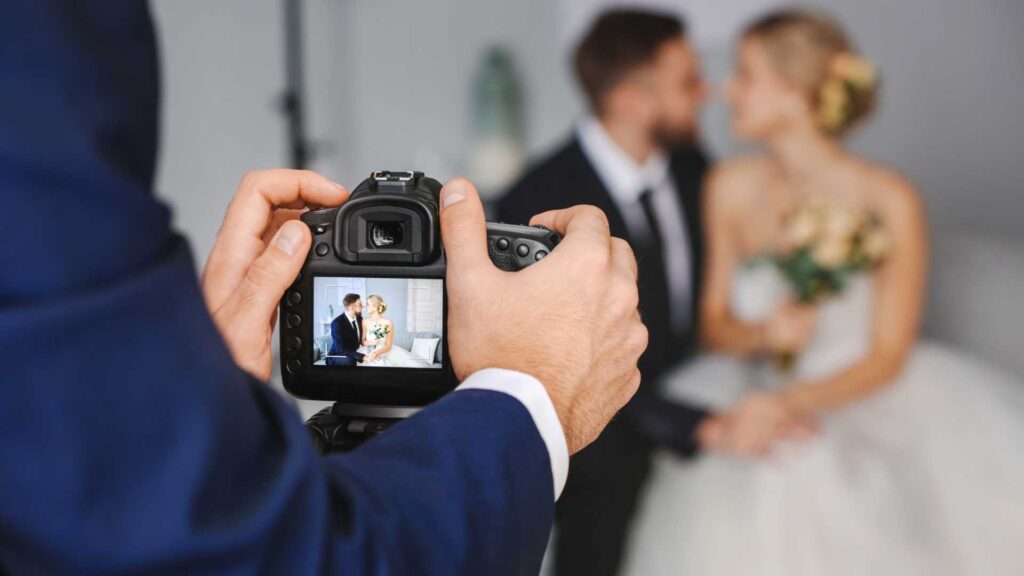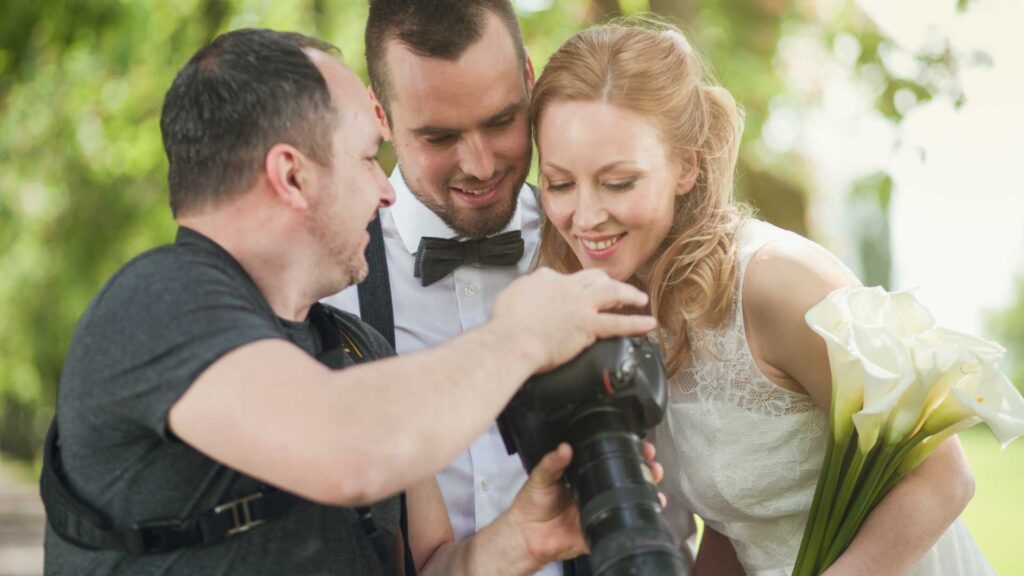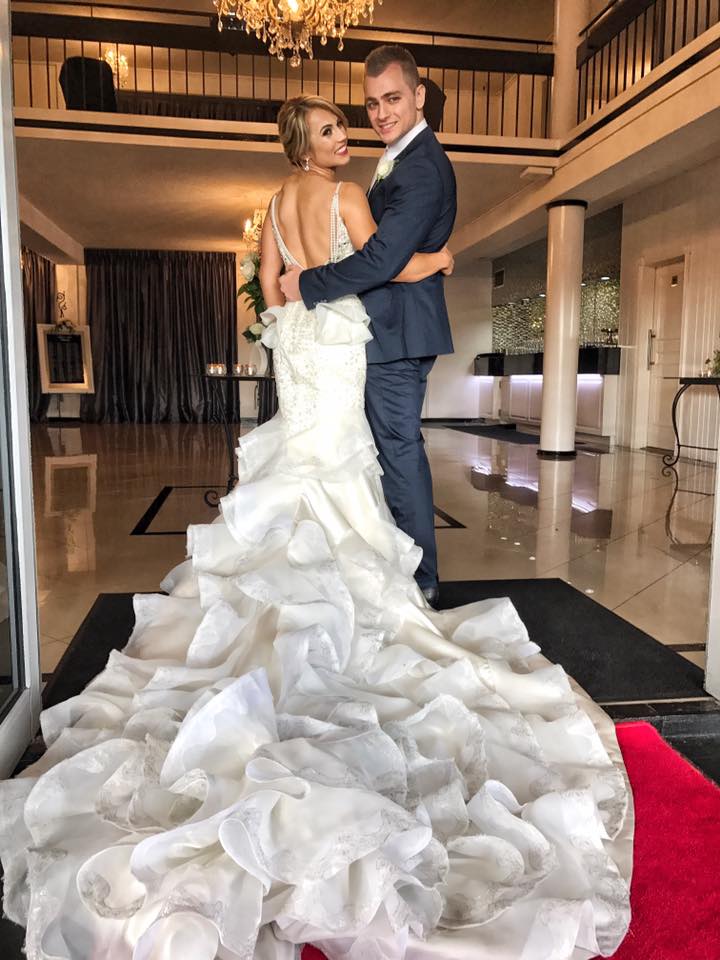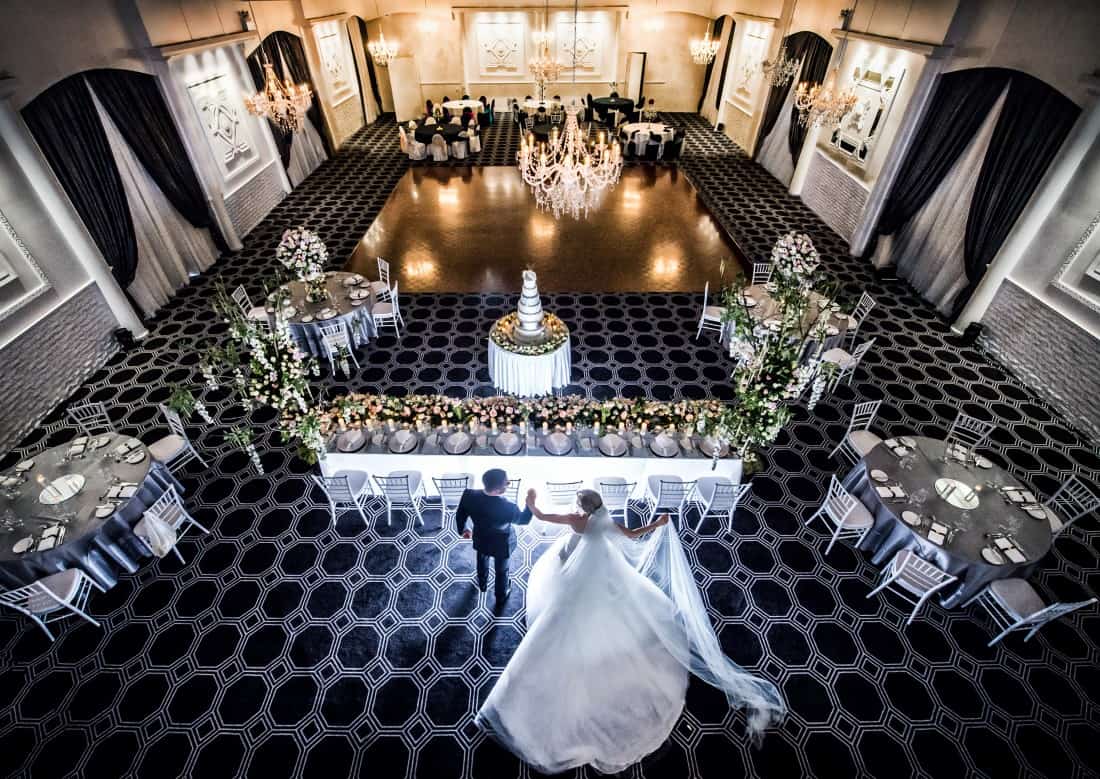Weddings are one of the most significant events in a person’s life, and capturing those moments is essential. Many couples are surprised by the cost of hiring a wedding photographer, and it’s not uncommon for people to wonder why the prices are so high. This article explores the various factors contributing to the expense of wedding photography, helping you understand the value behind those costs.
Let’s Get Straight to the Point
Wedding photography is expensive due to the required time, expertise, and equipment. Photographers spend hours on client consultations, pre-wedding shoots, and editing thousands of photos post-event. They invest heavily in high-end cameras, lenses, lighting, and backup equipment to ensure flawless captures.
Their expertise, developed through years of training and experience, helps them navigate challenges like bad weather or difficult lighting. Additionally, business costs, including insurance and marketing, contribute to their fees.
Post-production is a meticulous process that transforms raw images into polished, professional photos. While hiring a cheaper, less experienced photographer may be tempting, the risks include poor-quality images or missing key moments. Professional photography invests in preserving lifelong memories, making the cost worthwhile.
The True Cost Of Wedding Photography: Time, Equipment, And Expertise
Hiring a professional photographer goes beyond taking pictures for a few hours. Wedding photographers invest significant time, effort, and resources to deliver high-quality images that last a lifetime.Wedding photography is more than just showing up with a camera on the big day. It involves significant time, equipment, and expertise to ensure that every important moment is beautifully captured and preserved. Here’s a detailed look into the true costs involved.
1. Time Investment
The amount of time a photographer dedicates to a wedding is extensive. From the moment they are hired until the final images are delivered, the process involves several time-consuming stages:
- Client Consultations: Before the wedding day, photographers meet with the couple to discuss their preferences, wedding schedules, and any special requests. This is important to ensure the photographer understands the couple’s vision and the day’s timeline. These consultations involve multiple meetings, either in person or virtually, and can take several hours.
- Pre-Wedding Sessions: Many photographers include engagement shoots in their wedding package. This session lets the couple get comfortable in front of the camera and gives the photographer insight into their dynamic. Additionally, scouting the venue for the best lighting and locations for photos often requires a visit beforehand, adding more hours to the preparation.
- The Wedding Day: Photographers work long hours on the wedding day itself. A typical wedding coverage lasts anywhere from 8 to 12 hours. This includes capturing everything from the bride and groom getting ready, the ceremony, and the reception to candid moments throughout the day. Travel time to and from the venue can also extend the photographer’s working hours.
- Post-Production: Once the wedding day is over, the real work begins. Sorting through thousands of images to select the best ones is time-intensive. After this initial culling process, the photographer begins editing the selected images, adjusting colours, lighting, and other details to ensure every photo is perfect. This process can take anywhere from dozens to over a hundred hours, depending on the size of the wedding and the photographer’s workflow.
2. The Cost Of Equipment
High-quality wedding photography demands top-of-the-line equipment. Professional photographers invest heavily in gear to capture the best possible images under any conditions. This investment includes not only cameras but a range of other essential tools:
- Cameras and Lenses: A professional photographer usually carries multiple cameras and lenses to accommodate different shots. For example, a wide-angle lens captures large group photos, while a zoom lens is ideal for close-ups of the ceremony from a distance. Backup cameras are essential to avoid any technical mishaps during key moments.
- Lighting Equipment: Proper lighting is vital, especially in venues with challenging light conditions like dimly lit churches or outdoor receptions at dusk. Photographers often bring flashes, strobes, and reflectors to control and enhance lighting. This ensures images are clear, vibrant, and free from harsh shadows or overexposure.
- Backup Gear: Photographers must always have backup gear to handle unexpected equipment failures. This includes extra cameras, lenses, batteries, and memory cards. A technical problem could mean missing key moments without backup gear, so having spares is non-negotiable.
3. Expertise And Experience
One of the biggest factors in the cost of wedding photography is the photographer’s expertise and experience. A seasoned photographer understands the flow of a wedding, anticipates key moments, and can navigate challenges like difficult lighting or tight schedules. Here’s why experience matters:
- Training and Education: Professional photographers often invest in continuous learning to keep up with evolving technology, trends, and techniques. They attend workshops, seminars, and courses to refine their skills and bring the latest techniques to their clients. This ongoing investment in education contributes to the overall cost of their services.
- Problem-Solving Skills: Weddings are live events; things sometimes go differently than planned. An experienced photographer is prepared to handle unexpected challenges like bad weather, equipment malfunctions, or lighting issues. They know how to adapt quickly to these situations, ensuring that the quality of the photos remains high despite any hurdles.
4. Insurance And Business Costs
Running a photography business involves several costs beyond just the equipment and time spent at weddings. Professional photographers also have significant business-related expenses, such as:
- Insurance: Wedding photographers must carry liability insurance to protect themselves and their clients from potential accidents or damages that could occur on the wedding day. They also need equipment insurance to cover the cost of their valuable gear in case it’s damaged or stolen. Insurance is an important part of the business, ensuring that the photographer and the couple are covered in case something goes wrong.
- Business Overheads: Like any other business, photographers have operational costs. These include website maintenance, marketing, client management software, accounting services, and travel expenses, which contribute to the cost of their services. A professional photographer operates as a small business, and these overheads make wedding photography more expensive than many couples might initially expect.
5. The Importance Of Post-Production
Post-production is where the magic happens. While shooting the wedding is vital, editing the photos afterwards transforms raw images into works of art. This process is detailed and time-consuming:
- Sorting and Selection: The photographer typically sorts through thousands of images after the wedding to find the best ones. This culling process can take several hours as the photographer carefully selects the images that tell the day’s story.
- Fine-Tuning: Even after selecting the best photos, each one requires careful editing. This involves adjusting colours, brightness, contrast, sharpness, and other elements to make the images look polished and professional. Many photographers use presets to streamline the process but must make individual adjustments to ensure each photo is perfect.
- Final Delivery: Photographers must prepare the images for delivery once the editing is complete. Whether the final product is a digital gallery, a physical album, or a combination of both, this stage requires attention to detail and additional work hours. Photographers also offer album design services, adding more time and effort to post-production.
Why Cheaper Isn’t Always Better?
While hiring a less expensive photographer or a friend with a good camera may be tempting, the risk is high. A less skilled photographer may miss an important moment, produce low-quality images, or fail to handle unexpected challenges.
- Lack of Professionalism: An amateur may need backup equipment, insurance, or the expertise to deliver consistent results.
- Poor Quality: Cheap photographers may need to be more careful, resulting in poorly edited images or low-quality prints.
- No Second Chances: Your wedding day only happens once. Hiring a skilled photographer ensures that every important moment is captured beautifully and professionally.
How To Save Money On Wedding Photography?
While wedding photography is an investment, there are ways to manage the costs without compromising quality.
- Choose a Sole Proprietor: Hiring a sole photographer rather than a team can reduce costs.
- Skip the Second Shooter: While having a second photographer can capture more angles, it may be optional for smaller weddings.
- Book Off-Peak Dates: Some photographers offer discounts for weddings held during off-peak seasons or on weekdays.
- Opt for Digital-Only Packages: Physical albums and prints add to the cost, so choosing a digital-only package can save money.
Wedding photography is an investment that goes beyond just capturing moments on camera. The cost reflects the photographer’s time, expertise, equipment, and the value of preserving memories that last a lifetime. While it might be tempting to cut costs, investing in a professional photographer ensures you’ll have beautiful, high-quality images to look back on for years. Remember, after the flowers wilt and the dress is packed away, your wedding photos are a lasting reminder of your special day.
Hiring a skilled wedding photographer is an investment in your priceless memories. Wedding photography costs reflect the photographer’s time, expertise, equipment, and post-production work. It’s an investment in preserving beautiful memories that will last a lifetime.




